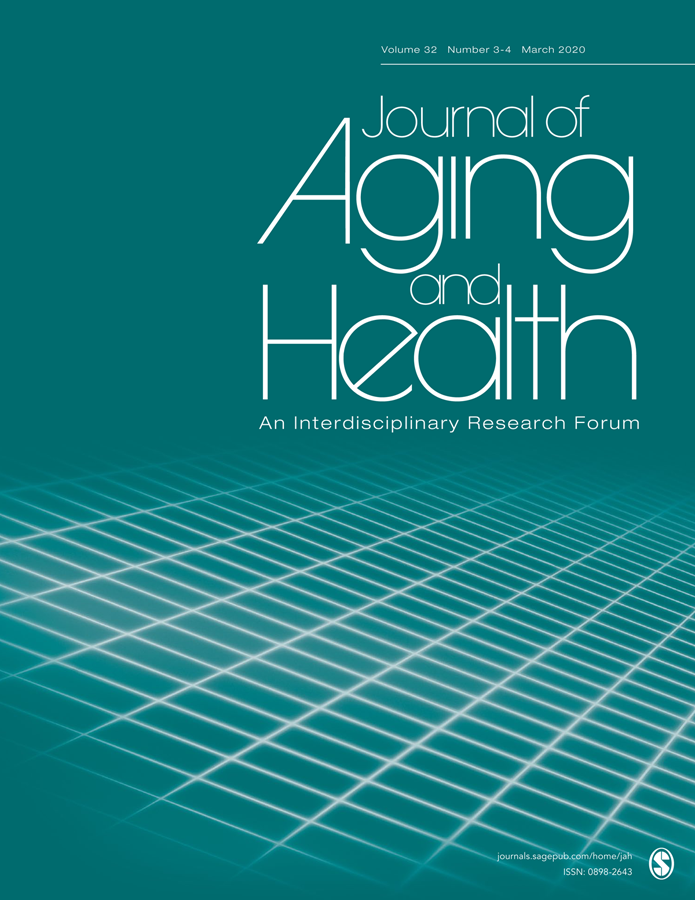Headline
The 4Ms approach developed for the Age-Friendly Health System model — what matters, medication, mentation, mobility — has a robust evidence base for providing quality care to older adults.
Context
In 2017, the John A. Hartford Foundation, Institute for Healthcare Improvement, American Hospital Association, and Catholic Health Association of the United States created a partnership to promote Age-Friendly Health Systems (Age-Friendly), defined as systems that take a person-centered approach to maintain the health of older adults. Currently, more than 700 clinical sites participate in the Age Friendly movement. The 4Ms framework (what matters, medication, mentation, and mobility) is used ensure reliable, evidence-based care. This study documents the evidence base and rationale for applying the 4M model across the care continuum.
Findings
There is robust evidence for the 4Ms approach. For example, asking “what matters” to older adults to align the care plan with their priorities leads to improved physiological and psychological health status. Screening protocols can prevent inappropriate medication use for older adults, and evidence-based tools are effective in screening and treating older adults for cognitive impairment and depression, and in preventing and managing delirium. Tools to support safe mobility including screening tools for fall risk and physical function, checklists for environmental hazards, and identification of daily mobility goals. The 4Ms are closely interrelated, and the intersection of these elements drives quality and safety for older adults.
Takeaways
The 4Ms approach has a strong evidence base and creates a clear framework for clinicians and health care workers to improve the quality and safety of care for older adults across care settings, which can support health systems in adopting the Age-Friendly model.

